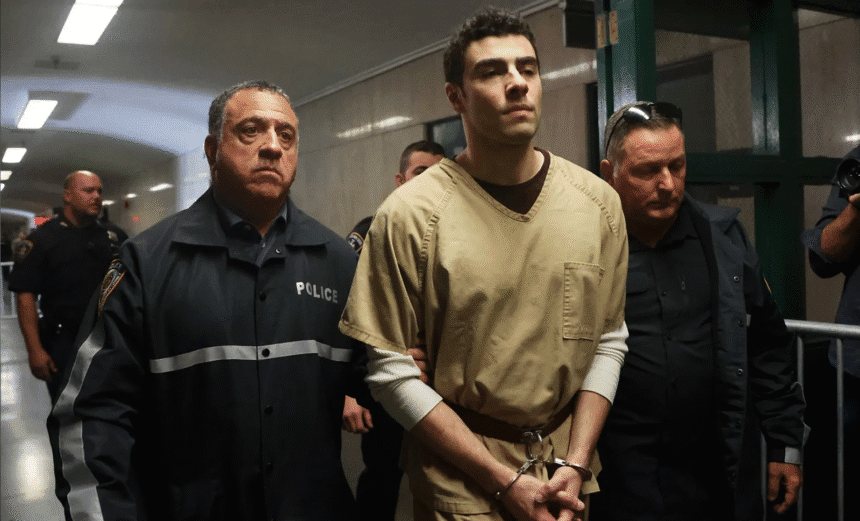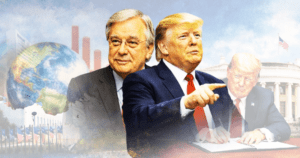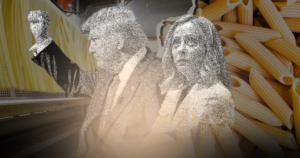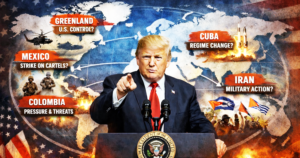A New York judge has dismissed terrorism-related charges against Luigi Mangione, the man accused of killing UnitedHealthcare CEO Brian Thompson, while leaving intact a standard second-degree murder charge. The ruling, delivered on September 16, 2025, by Justice Gregory Carro in the Manhattan Supreme Court, significantly narrows the state’s case but ensures Mangione still faces the possibility of spending life in prison if convicted.
Mangione, 27, had been charged with first-degree murder in furtherance of terrorism and second-degree murder as a crime of terrorism, alongside other state offenses. Prosecutors argued that his writings, angry rants against the healthcare industry, praises of the Unabomber, and claims that his act was meant to force change proved ideological motives consistent with terrorism. But Judge Carro ruled that while Mangione’s ideology was evident, the evidence failed to meet New York’s legal threshold for terrorism. To qualify, prosecutors needed to show that he acted with intent to intimidate or coerce an entire civilian population or to influence government policy. The judge concluded that the act, while violent and ideologically charged, was a targeted killing rather than a broader attempt to spread fear.
The case stems from a shocking crime on December 4, 2024, when Thompson was shot outside a Midtown Manhattan hotel following an investor conference. The killing stunned the healthcare industry and drew immediate media attention. Mangione was arrested five days later in Altoona, Pennsylvania, and quickly indicted on multiple charges in both state and federal courts. The state’s case included 11 charges, among them the terrorism-enhanced murder counts that have now been dismissed. Meanwhile, the federal indictment carries even more severe consequences: prosecutors are pursuing the death penalty.
Though the terrorism charges are gone, Mangione still faces serious state counts, including standard second-degree murder, weapons possession, and false identification. A conviction for second-degree murder alone could bring 25 years to life in prison. Federal charges raise the stakes further, as they include the potential for capital punishment. Pretrial hearings in the state case are scheduled for December 1, 2025, while the federal proceedings are expected to stretch into 2026.
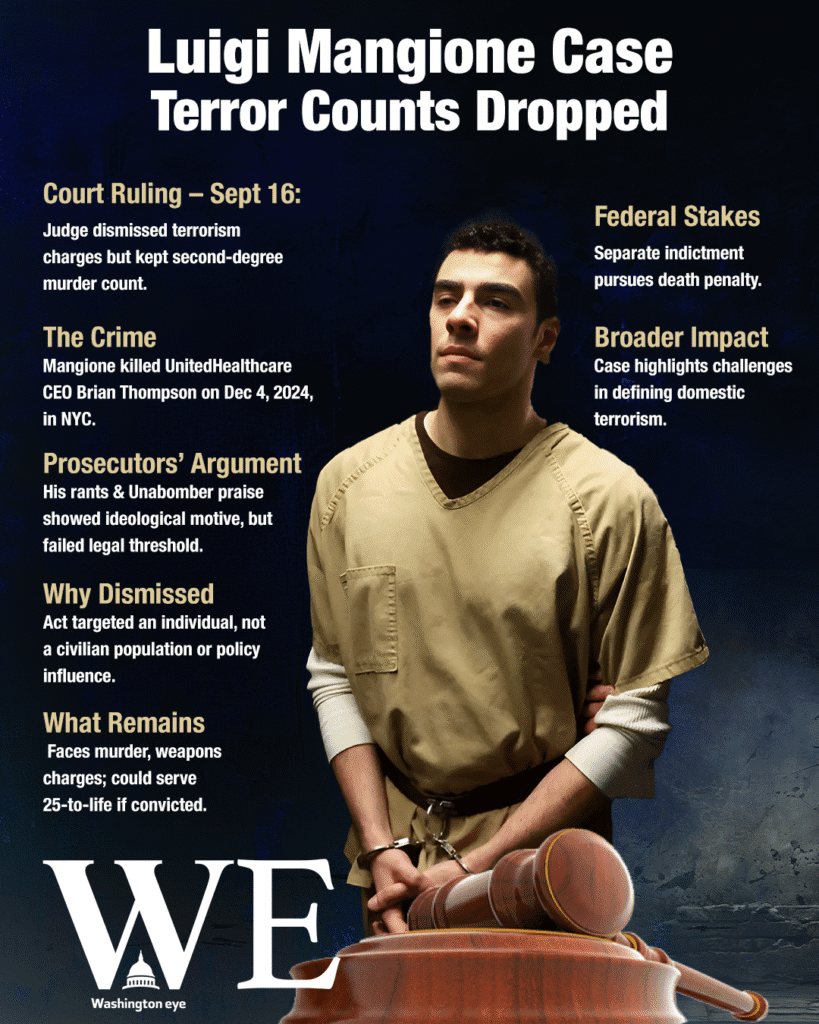
Mangione’s defense team had also argued that being tried in both state and federal court could violate constitutional protections against double jeopardy. Justice Carro rejected that claim as premature, noting that neither case has yet gone to full trial. Legal experts say the issue may resurface if convictions are secured in both courts, potentially leading to lengthy appeals.
The dismissal of terrorism counts is seen as a partial victory for the defense, since those charges carried the possibility of life without parole. Still, observers stress that the remaining counts expose Mangione to decades behind bars. The case also underscores the difficulty prosecutors face in applying terrorism statutes to acts of politically or ideologically motivated violence when the conduct is directed at a specific individual rather than an entire community.
The ruling has sparked strong reactions. Prosecutors expressed disappointment but vowed to press ahead aggressively with the charges that remain. Civil liberties groups welcomed the decision as a reaffirmation of the narrow boundaries of terrorism law, cautioning against its overextension in domestic cases. At the same time, Mangione has attracted a surprising degree of public support from some corners. Activists critical of the healthcare industry have attended his hearings carrying placards, framing him controversially as a symbol of resistance against corporate power. Critics, however, argue that romanticizing a violent act risks encouraging copycats and undermining legitimate debate about healthcare reform.
As the legal battles continue, the case is expected to remain in the national spotlight. Beyond determining Mangione’s fate, it may help clarify how terrorism statutes are applied in state courts and how far ideological motivations can stretch the definition of terrorism. For prosecutors, defense lawyers, and legal scholars alike, the proceedings offer a test case at the intersection of violent crime, political ideology, and the law.

